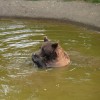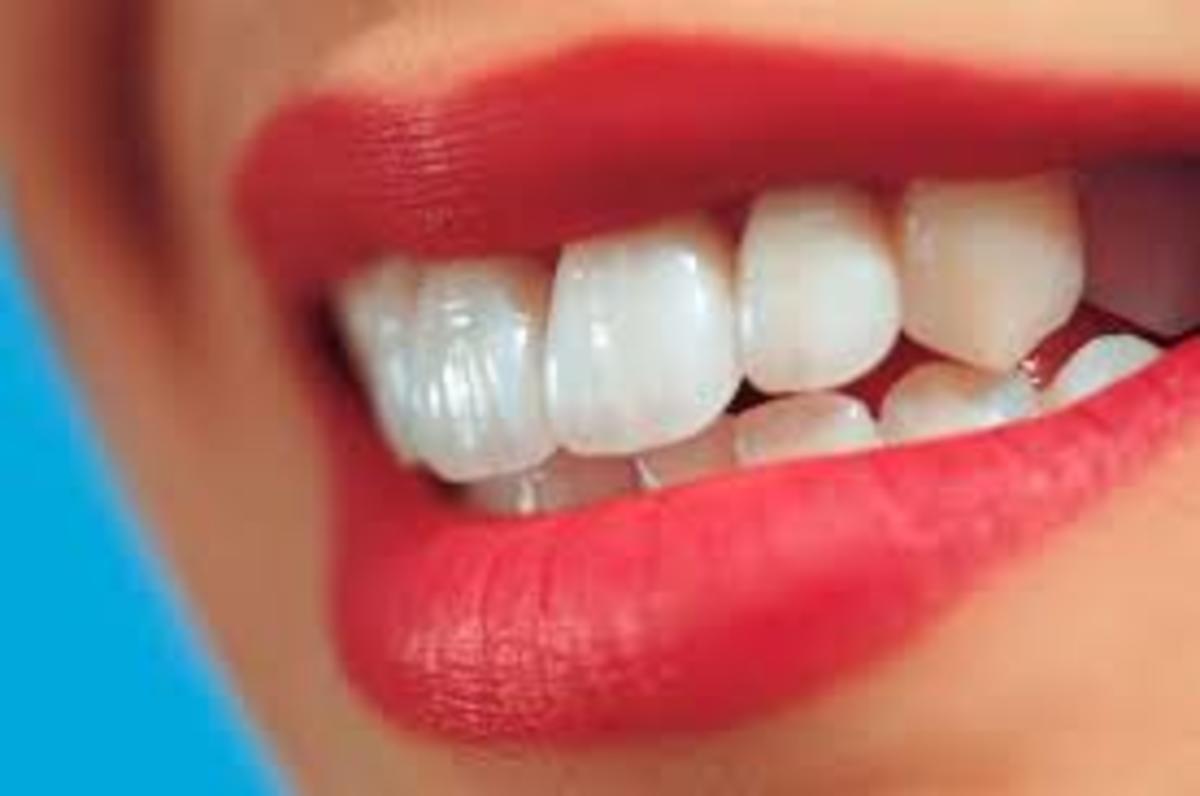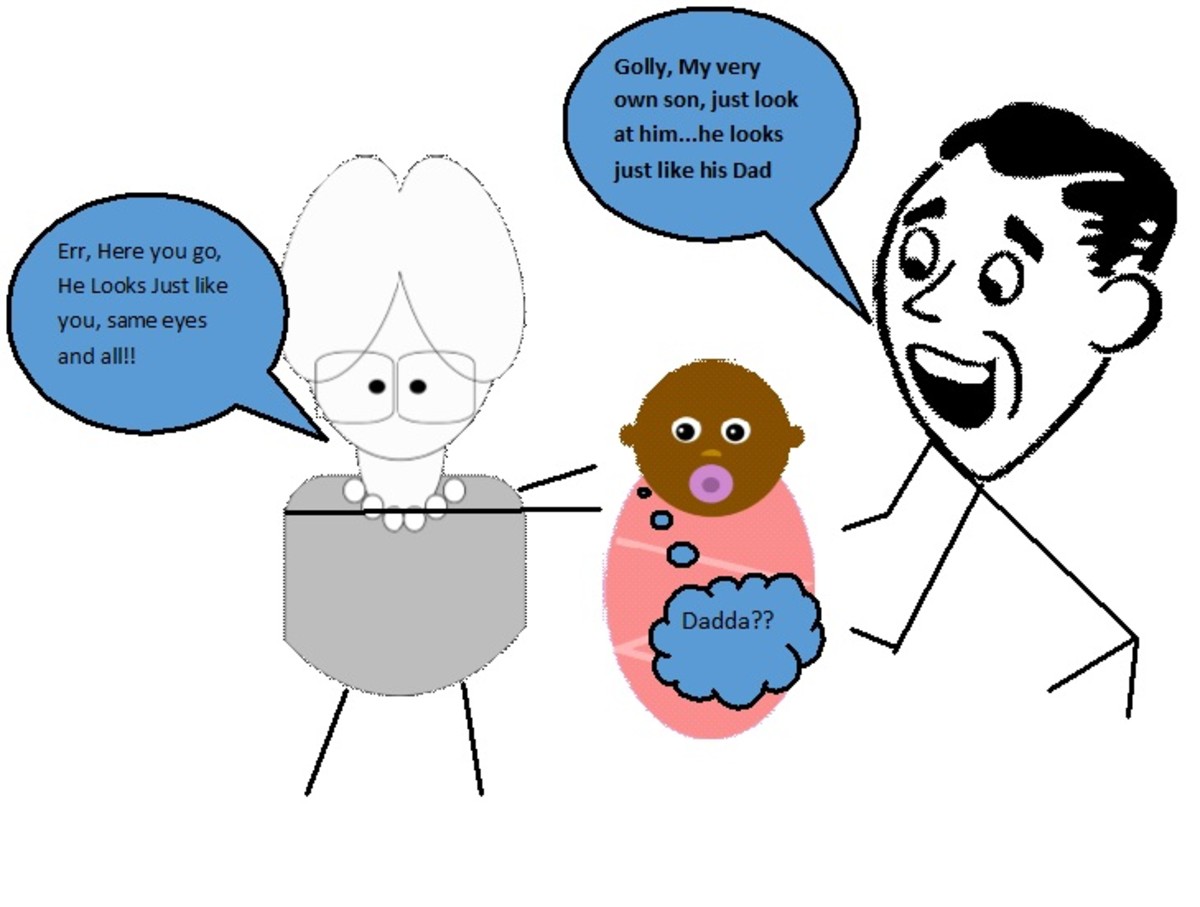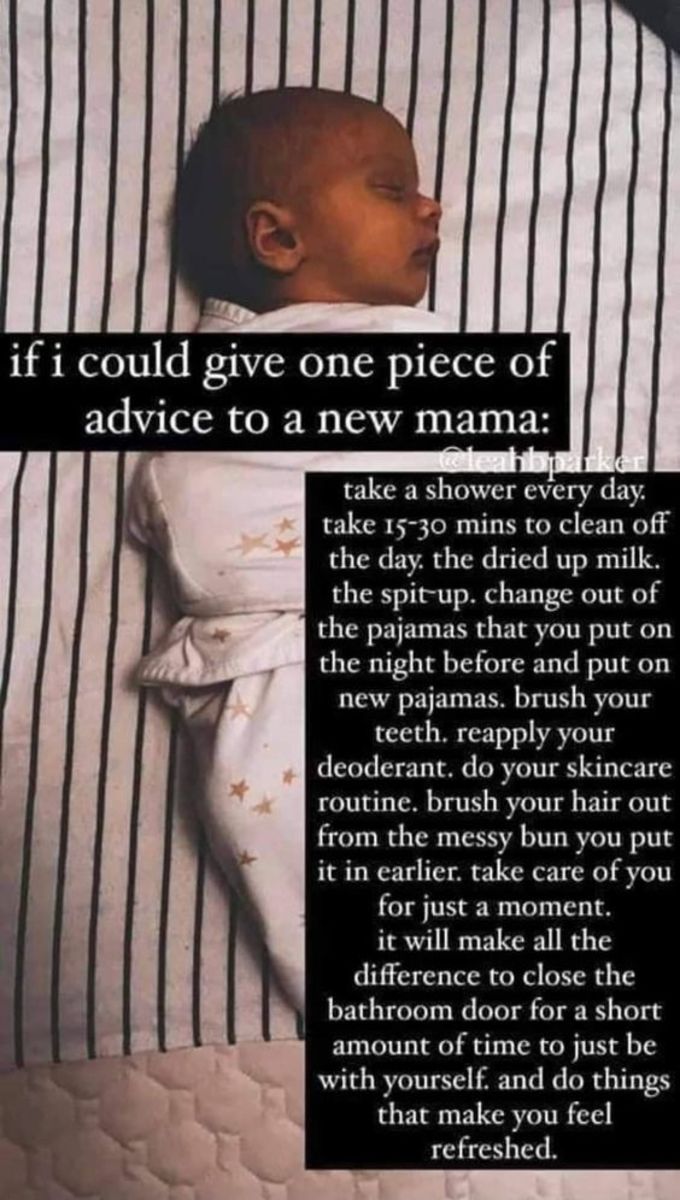What you can expect when your baby or babies starts teething
Updated on November 9, 2010
Teething Babies
When your baby starts to cut their first teeth it can be a horrible time for the parents as well as their baby, but your baby’s first tooth is also one of the most exciting milestones that you come across as a parent.
Your baby’s first set of teeth, called milk teeth should consist of 10 teeth on the bottom and 10 teeth on the top, and should all be present by around the age of 2 ½. You should expect your child to start loosing his milk teeth when he reaches the age of 6, this is when his adult teeth push through. Teething is thought to be hereditary, so if you managed to cut your teeth early, there is a good chance that your baby will do so too.
When can you expect when your baby gets his first tooth?
Some babies are born with teeth and if this happens, they are usually removed straight away as they mostly become loose meaning that your baby could swallow them and potentially choke. The majority of babies however, get their first teeth when they reach the age of 6 months, while some don’t get them until they are nearer 1.
As a parent you will probably notice slight changes in your baby just before the first tooth appears (if they havn’t already got one).
1. Studies have shown that many babies have a tendency to suffer a slight fever when their teeth come through the gums. This can obviously make them rather irritable, and cause them to wake during the night.
2. It may also appear as though they have a cold, with a runny nose, red cheeks and an extra need for cuddles and soothing.
3. Extra dirty nappies and nappy rash can also be a sign that new teeth are imminent.
4. The need to gnaw on everything around them, even you, when suffering with red, swollen and sore gums.
Remember though, sometimes your babies behaviour changes for different reasons, and if you have any concerns about your babies behaviour you should talk to your health visitor or doctor about it.
Tooth brushes for your toddler
How can I help my baby once he is teething?
If your baby has started teething, and is suffering with some of the various ailments that go with the territory, there are various ways in which you can help.
-
If your baby is suffering with a fever or just a slight rise in temperature then you can treat this with the various different baby medicines/painkillers on the market, Calpol being the most commonly used in the UK. However there are other makes that are just as good. It is a personal preference, but always try to get a sugar and flavourings free and check the label before giving it to your baby (all makes can be slightly different in their advised dosage levels).
-
If your baby’s gums are red and sore then there are different teething gels on the market that help to numb the gums. Again you should try to get sugar free gels. If you prefer, there are some homeopathic powders now that are available from some chemists. These work in the same way as the gels by gentle rubbing the powder onto the gums or tipping the powder onto baby’s tongue, either way, the outcome is the same with it numbing the gums and easing the pain somewhat. Again always check the labels for directions on how to use them.
-
Another good way to help your baby if he is gnawing everything in sight is to try a teething ring. There are many different types of these on the market, some which are just firm pieces of rubber with lumpy bits on them and others that are a gel filled objects that can be placed in the fridge to cool. These are very good if your baby is suffering with sore swollen gums as they cool the gums when baby bites onto it.
-
If all else fails give your baby plenty of cuddles. There is nothing better sometimes than a good cuddle with their mum or dad.
How should I look after my baby’s teeth once they are through?
When your baby’s teeth first come through and he only has 1 or 2, there is no need to actively brush them, however they should still be cleaned as the milk pools that form after feeding can cause decay. To clean his teeth all you need is a cloth with a small amount of toothpaste on it and gently rub the new teeth. You should do this twice a day, so as to encourage and show your baby that it is important and part of the daily routine.
Once your baby has reached 18 months he should be old enough to be taught how to brush his own teeth. To do this, you should invest in a small child’s toothbrush suitable for his age and apply a smear of fluoride toothpaste to it. It is not necessary to buy baby toothpaste, yes it does taste nicer for your baby, but it does not have the same levels of fluoride in it as adult toothpaste and therefore not the same protection against tooth decay and gum disease. If you have any questions regarding what toothpaste to use you should contact your dentist for advice.
Although, in the world we live in today, we cannot entirely stop our children from eating sweats and drinking fizzy drinks, we should therefore try to limit these to a minimal and try to encourage healthy snacks such as fruit. If your child has been to a party and indulged on all the naughty but nice things that they shouldn’t, you should try to clean their teeth as soon as you can when you get them home, as sugar in sweats and fizzy drinks is known to cause tooth decay and gum disease.






